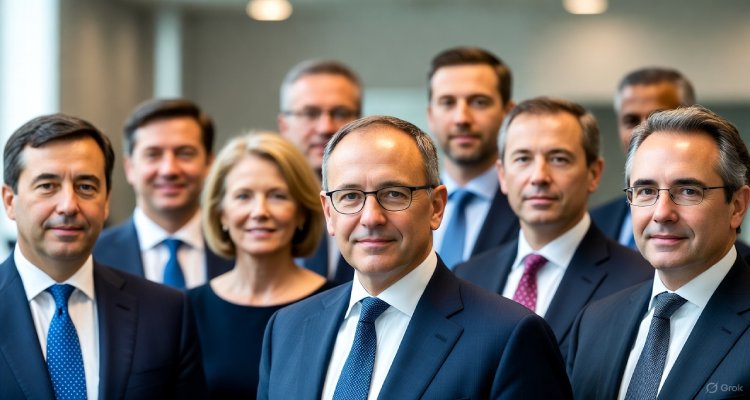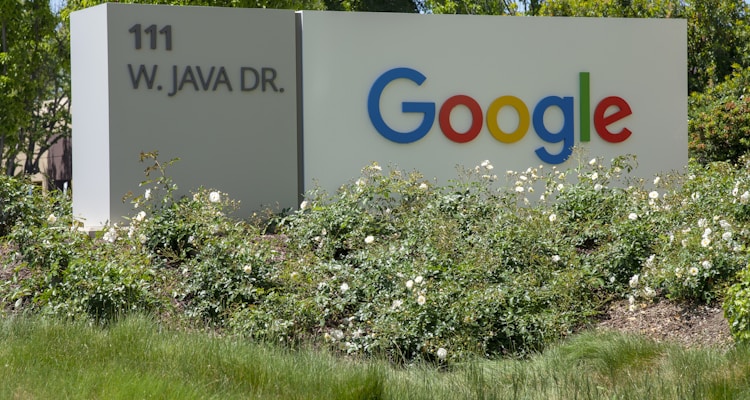The CEOs Who Bet Against Humanity (and Won)

Explore how powerful CEOs are reshaping humanity’s future with radical bets on technology and escape, stirring debate on ethics, inequality, and leadership.
Introduction
In the sprawling worlds of Silicon Valley and global business, a new breed of executives is emerging—ones whose bold bets seem to challenge the very fabric of humanity’s future. These CEOs, through their radical visions and controversial choices, appear to have wagered not merely for profit, but against the human condition itself, reshaping industries and society in ways both profound and unsettling.
Context & Background
The story of these CEOs unfolds against a backdrop of unprecedented technological change, economic inequality, and political polarization. Icons like Peter Thiel, co-founder of PayPal, have openly criticized societal stagnation and embraced radical ideas—from seasteading to colonizing Mars—that suggest a desire to escape or even abandon humankind as it currently exists. Alongside him, other tech magnates like Jeff Bezos and Elon Musk pursue ambitious ventures into space exploration and artificial intelligence, driven by a belief that technology alone can transcend current human limitations.
These decisions come amid broader social and political shifts, with some CEOs reducing philanthropic efforts aimed at social welfare in favor of funding advanced STEM research and private ventures. This reflects an emerging mindset among some elites: rather than investing in alleviating terrestrial hardships, they are betting on technological salvation or alternative futures beyond Earth.
Main Developments
In recent years, this strategy has translated into huge investments in cryonics, AI development, and plans for Mars colonization, signaling a bet that humanity’s future lies in radical transformation or relocation. Peter Thiel, for instance, has championed cryonics as a way to “overcome death” and liberate himself from what he regards as societal decline. Simultaneously, figures like Bezos have engaged in high-profile, sometimes extravagant displays of wealth—such as a lavish wedding in Venice—that underscore a growing disconnect from ordinary human realities.
This outlook has drawn criticism for shirking social responsibilities; while the world’s most vulnerable face growing inequality and existential risks, the betters on humanity’s behalf focus on escaping current problems rather than solving them. Social media reactions to events tied to corporate leadership, such as the violent death of UnitedHealth CEO Brian Thompson, have also revealed public frustration and resentment toward powerful leaders perceived as indifferent or exploitative.
Expert Insight and Public Reaction
Experts warn that this approach risks deepening social divides. Adam Becker, a science writer, critiques the quasi-religious faith these CEOs place in perpetual technological growth and transcendence, which can obscure pressing ethical concerns. Bill George, former Medtronic CEO, highlights the dangers in dehumanizing corporate leadership and normalizing violence or hostility toward CEOs aggrieved by public backlash. Public sentiment, often cynical or hostile, reveals a brewing distrust of corporate elites who appear to “bet against” humanity’s collective welfare while profiting handsomely.
Impact & Implications
The implications of these bets are profound. Should these visions succeed, humanity could see radical shifts—technologically enhanced elites escaping Earth’s limits, while social inequalities worsen below. The focus on innovation over inclusion may accelerate polarization. Moreover, this mindset could influence corporate governance, policymaking, and investment strategies for decades, pushing society toward technological utopias for the few at the expense of the many.
Conversely, this trend has provoked calls for value-driven business leadership that prioritizes humanity, social impact, and ethical responsibility—an approach championed by some business thinkers who emphasize resilience through empathy and social contribution.
Conclusion
The CEOs who bet against humanity and won are reshaping what it means to lead in the 21st century. Their wagers embody a profound gamble—not only for profit but for the future of human progress and social cohesion. Whether this vision ultimately elevates or undermines humanity remains to be seen, but it undeniably challenges us to rethink our relationship with technology, wealth, and responsibility in an age defined by uncertainty and possibility.
Disclaimer: This article is an independent journalistic analysis based on public information and expert insights. It aims to inform and provoke thoughtful discussion on complex societal issues.










